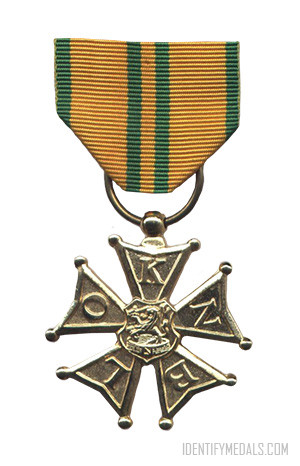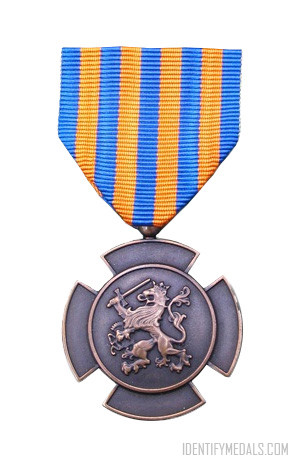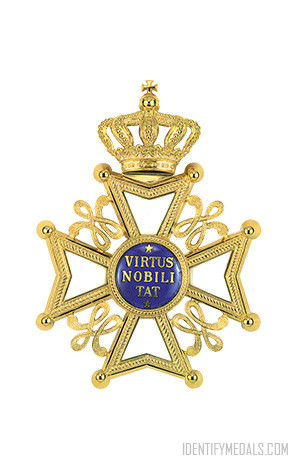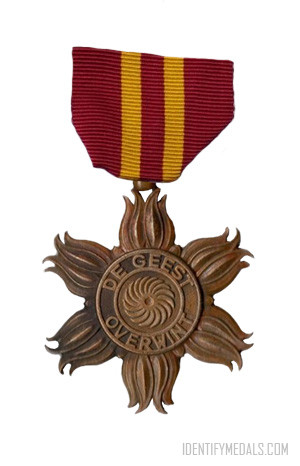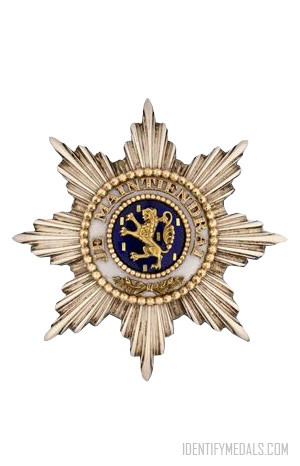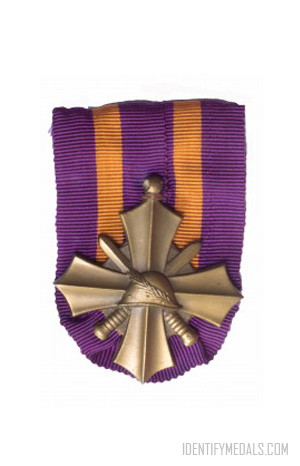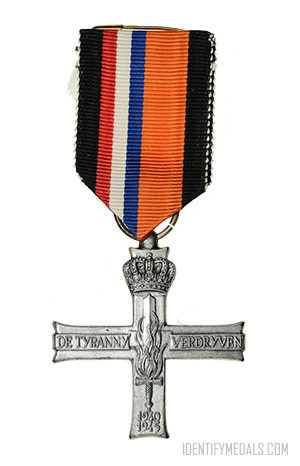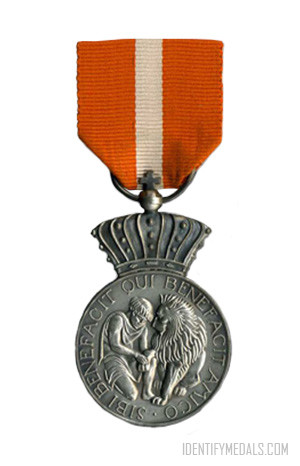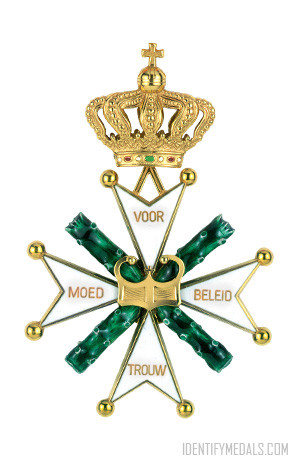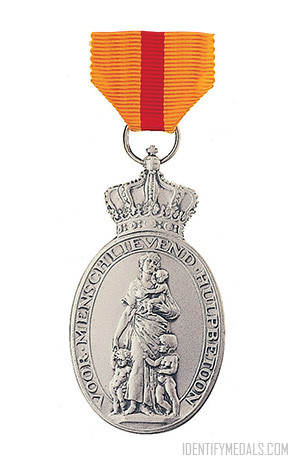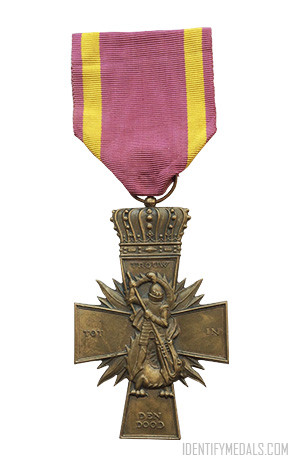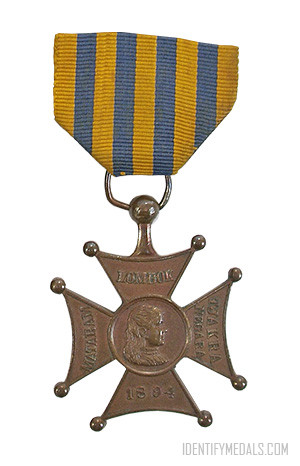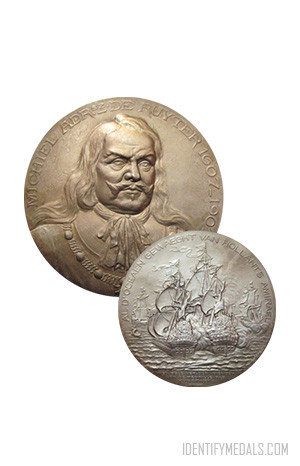- Time Period: Pre-WW1
- Institution: 1909
- Country: Netherlands
The Cross for the Four Day Marches (or Vierdaagsekruis in Dutch) is a Dutch decoration awarded for successful participation in the International Four Days Marches Nijmegen (Vierdaagse in Dutch) held annually at Nijmegen, The Netherlands.
The full title of the decoration is the Cross for Marching Proficiency (Kruis Voor Betoonde Marsvaardigheid). It is more commonly referred to as the Vierdaagse Cross or Vierdaagsekruis.
The cross was established in 1909 at the time of the first march, to award successful military participants of the Vierdaagse. Since 1910 it has been awarded to all participants who successfully complete all four days, both military and civilian.
The Cross is awarded by the Royal Dutch Walking League (KWBN or Koninklijke Wandel Bond Nederland) who organize the Nijmegen Marches. Prior to 2015 the League was known as the Royal Dutch League for Physical Education (KNBLO or Koninklijke Nederlandsche Bond Voor Lichamelijke Opvoeding) and before 1959, when it received the Royal (Koninklijke) prefix, as the NBVLO.
As well as the Vierdaagse at Nijmegen, the cross was also awarded to those who completed the four-day marches organized in various locations in the Dutch East Indies between 1935 and 1939.
Every year a walker successfully completes the march is marked either by a special cross, or a number to be attached to the ribbon of the last cross awarded. A cross is awarded in bronze for the first march, silver for the fifth and gold for the tenth, with a crown added above the cross for the year after each cross is awarded.
The Cross for the Four Day Marches Medal Design
The decoration is a five-armed cross, with each arm bearing an initial of the awarding organization. It has a width of 36 mm at its widest point and is suspended from a green-and-yellow (often orange-yellow) ribbon.
Until 1958 the initials on the five arms read: ‘NBVLO’, with ‘KNBLO’ since 1959 to reflect the Koninklijke (Royal) prefix. There have been other minor changes in design over the years. For example, in 1977 the previous silver-gilt and silver crosses were replaced by base metal versions, with other design modifications in order to reduce costs.
The reverse is plain except for the name of the manufacturer.
All medals were made by Koninklijke Begeer of the South Holland town of Voorschoten until 1976, when the contract moved to W. van Veluw of Zeist, near Utrecht.

